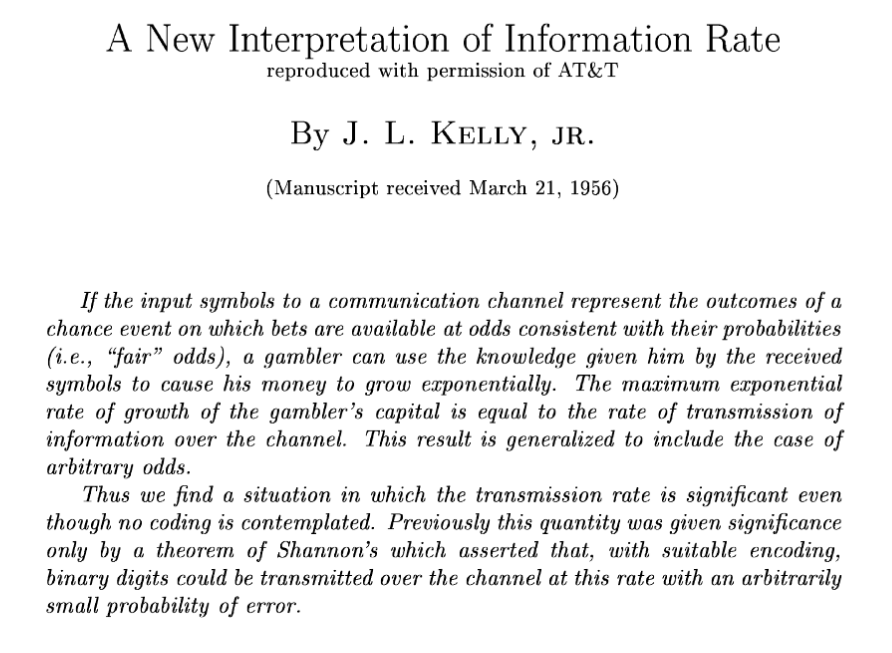I want to connect this to a topic I feel has not been talked about enough -- the role of probabilistic inference in Covid-19 testing.
Some estimates say 3% of the US population has it. Others say 30% of the population has it.
Nobody really knows for sure.
But they're not perfect either.
Some estimates say they're only about 60% accurate. Others say they may be 80% accurate.
Nobody really knows for sure.
And if you test negative, what are the chances that you *don't* have it?
These are questions of inference: given a test result, how much can you infer from it?
Say 10% of the US population has Covid-19.
And say the tests are 75% accurate.
That is, if you have Covid-19, the test has a 75% chance of returning positive and a 25% chance of returning negative. And the reverse if you don't have Covid-19.
We've assumed 10% infection; that's ~30M people with Covid-19.
But if all these people were tested, only ~22.5M will test positive because the test is only 75% accurate. The other ~7.5M will test negative even though they have Covid-19.
Around 75%, right? After all, the test is 75% accurate.
Read on.
The diagram shows there are ~90M people who test positive. But only ~22.5M of them have Covid-19.
So, even if you test positive, your chances of having Covid-19 are only about 25% (22.5M/90M).
Not 75%.
Surprised? That's probability.
Again see the Venn diagram. Of the ~210M who test negative, about ~202.5M don't have Covid-19.
So, if you test negative, there's a 96.43% chance you don't have Covid-19.
This is fairly well-known. Any introductory statistics textbook or course will cover it.
But you'd be surprised how many doctors don't know enough statistics.
Intuitively, if you do many tests and they all agree, your confidence in the result should increase, right?
That's right.
Say you do 3 tests, and they all turn out positive. How likely are you to have Covid-19?
It turns out, about 75%.
Our intuition doesn't always guide us well.
We have to systematically analyze the situation. Draw matrices and Venn diagrams. Run computer simulations.
Only then, we can have confidence in our inferences.
It's called Bayes' Rule.
If you're mathematically inclined, the Wikipedia article on it is pretty good:
en.wikipedia.org/wiki/Bayes%27_…
I'll leave you alone now.
/End







